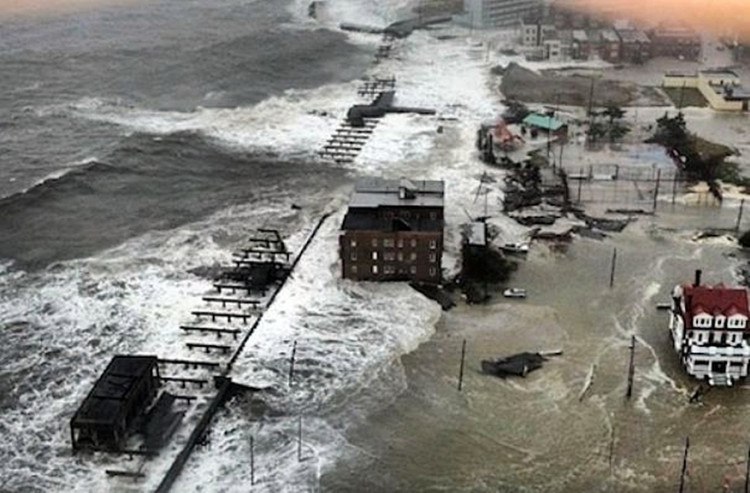Countries should now strive to keep the Earth's temperature rise to only 1.5 degrees Celsius (2.7 degrees Fahrenheit) instead of the 2°C target agreed to at the Paris Agreement talks in 2015, urges the U.N. Intergovernmental Panel on Climate Change (IPCC).
Aiming for this lower limit will have "clear benefits to people and natural ecosystems," said the IPCC.
In a new report, the IPCC said the world's temperatures will likely reach 1.5°C between 2030 and 2052 at the current rate of warming. This comes after an increase of 1°C above pre-industrial levels since the mid-1800s.
Targeting 1.5°C will keep sea level rise 0.1 meters (3.9 inches) lower by 2100 than a 2°C target, said the IPCC. Doing this might reduce flooding and give people that inhabit the world's coasts, islands, and river deltas time to adapt to climate change.
The lower target will also limit species loss and extinction. It will lower the impact on terrestrial, freshwater and coastal ecosystems.
To contain warming at 1.5°C, man-made global net carbon dioxide (CO2) emissions need to fall by about 45 percent by 2030 from 2010 levels and reach "net zero" by mid-century. Any additional emissions will require removing CO2 from the air.
Meeting all these complex challenges, however, will mean society will have to implement "unprecedented" changes to the way it operates. Failure to do so runs the risk of more heat waves and flood-causing storms and the chances of drought in some regions.
Every extra bit of warming is important, especially since warming 1.5°C or higher increases risks associated with long-lasting or irreversible changes, said Hans-Otto Pörtner, who leads one of the IPCC's working groups.
The report said renewable energy has to supply 70 percent to 85 percent of electricity by 2050 to stay within a 1.5°C limit, compared to 25 percent today. The share of gas-fired power in air pollution will need to be cut to eight percent and coal to less than two percent.
If the average global temperature temporarily exceeds 1.5°C, additional carbon removal techniques will be needed to return warming to below 1.5°C by 2100.
Failure to meet the new 1.5°C target will mean huge changes to the world, said the report. The lower level means the Arctic Ocean will be free of sea ice in summer only once per century not once a decade under the higher target. Coral reefs will decline by a still unsustainable 70 percent to 90 percent instead of being virtually wiped out under the higher increase.
The new report shows humankind only has the slimmest of opportunities remaining to avoid unthinkable damage to the climate system that supports life as we know it. It's the main scientific guide for government policymakers on how to implement the 2015 Paris Agreement during the Katowice Climate Change Conference in Poland in December.





